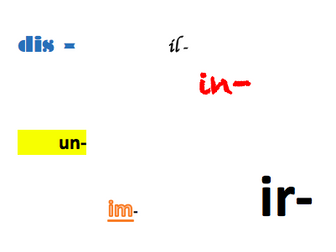
Goodbye School, Hello Summer! poem
This is a poem I wrote for my class after a beautiful, productive and fun school year together. Feel free to adapt it to your own students and edit bits and pieces. It served its purpose with me - I wouldn't use it with others - I'd write another one instead.



